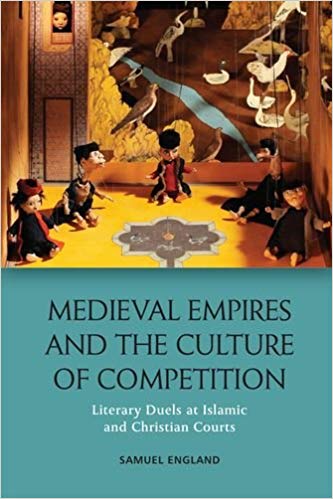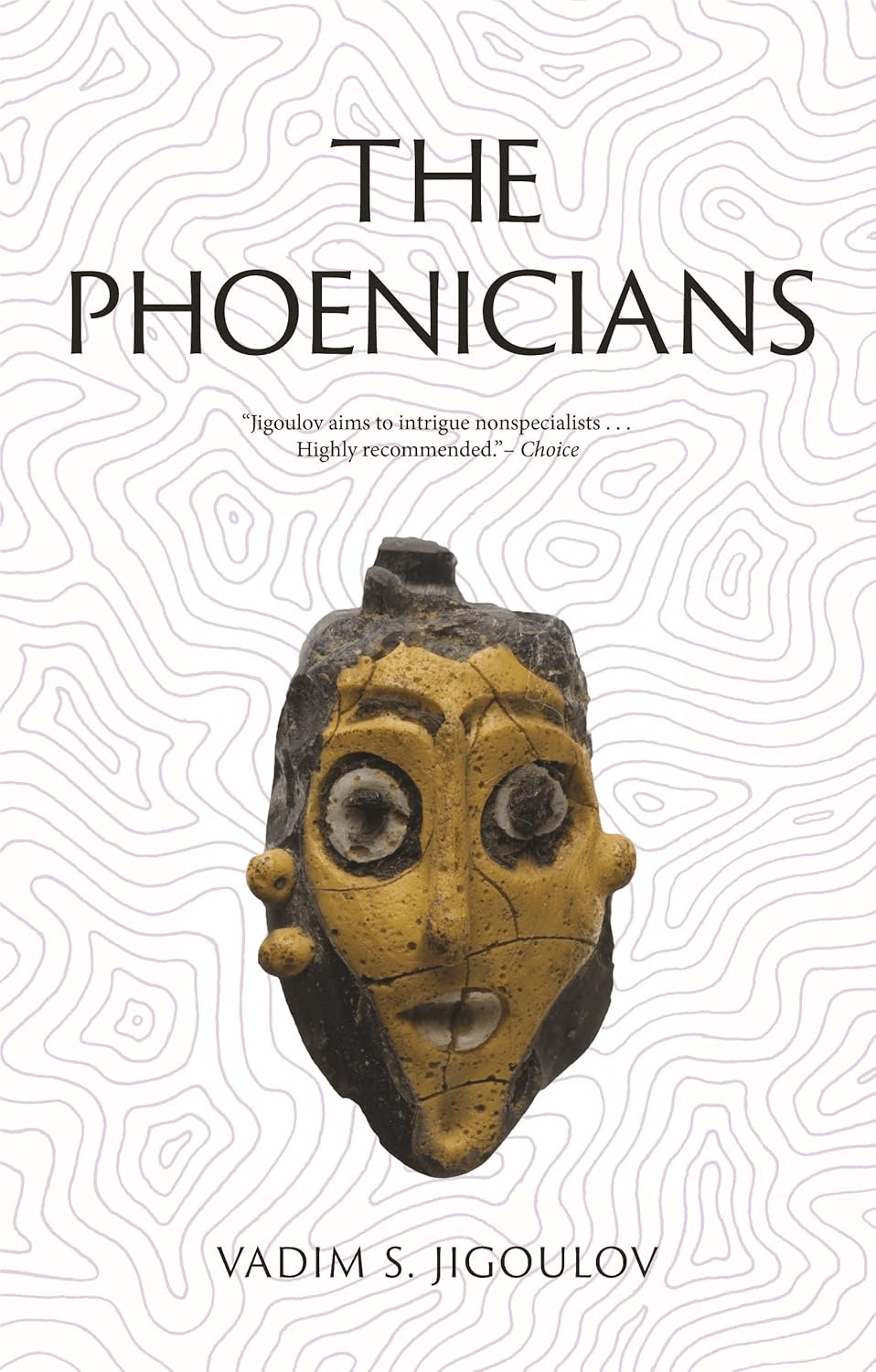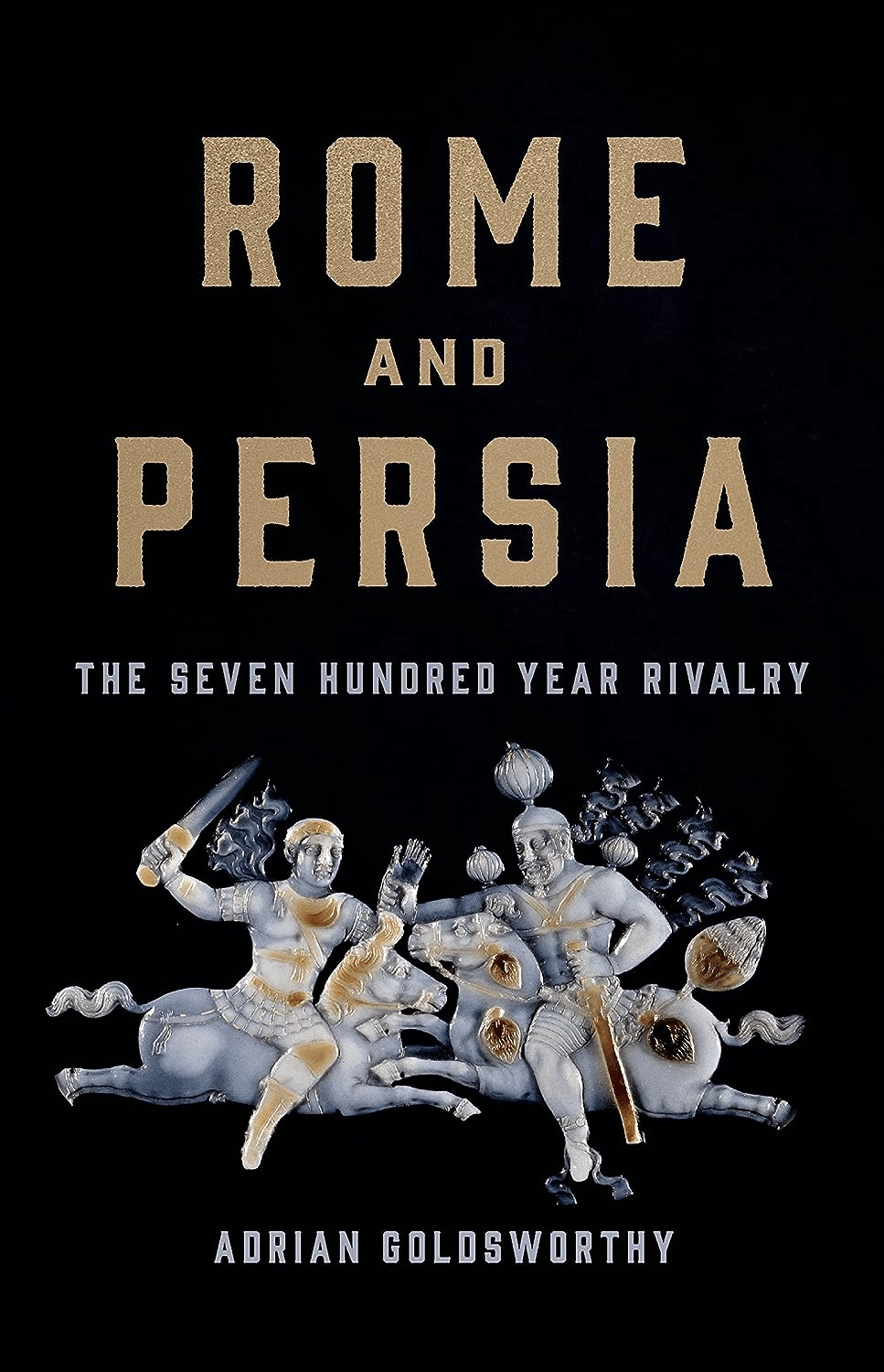
Medieval Empires and the Culture of Competition: Literary Duels at Islamic and Christian Courts
Robert W. Lebling
Samuel England
2017, Edinburgh UP, 978-1-47442-522-3, £75 hb.
In the West these days, poetry rarely has a political flavor. But in the Middle Ages, in both Europe and the Middle East, literary compositions often packed a powerful punch that influenced rulers and their administrators. This study explores the social and political impact of court literature, most of it poetry, in Islamic and Christian imperial leadership circles from about 950–1350. Writings of key individuals—poets, secretaries, even leaders themselves—played an important role in encouraging competition (and ultimately cohesion) in these courts at times of political or military upheaval. The author focuses on literary contests in later Abbasid Iraq under the Buyid Persian viziers, in the Levant under the legendary Kurdish sultan, Saladin, and in 13th-century Spain under King Alfonso X of Castile. He also examines the literary creation in Spain and Italy of a fictional Saladin who interacts with European knights and rulers, describing this imaginary character as a “defused threat” who provides a model of righteousness to inspire ethical conduct among European nobles and royals. Clearly Europeans found much to admire in the actual Saladin, who trounced the Crusader Kingdom of Jerusalem but showed great generosity and fairness to his enemies.
You may also be interested in...

Discoveries From Phoenician Seafaring City-States Reveal Trade, Not Conquest Bound Mediterranean World
Author Vadim S. Jigoulov’s The Phoenicians reveals that Phoenicia’s seafaring city-states bound the Mediterranean world via trade rather than conquest.
In War and Peace, Book Explores How Rome and Persia Remained Frenemies
Book Review: In his latest scholarly work, Roman historian Adrian Goldsworthy reduces Persian and Roman longevity to simply an ever-evolving coexistence.